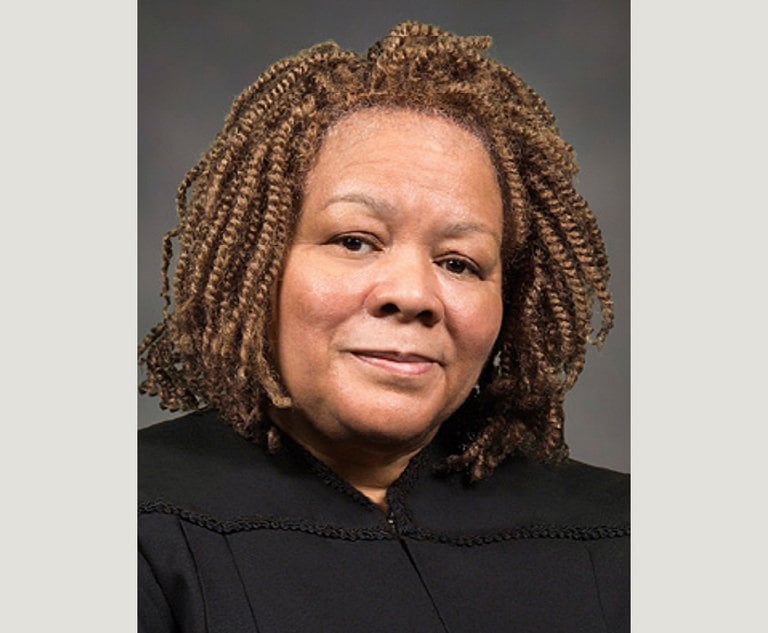Three recent Pennsylvania appellate cases decided procedural issues of interest to appellate practitioners. First, most observers expected the Pennsylvania Supreme Court’s recent Trigg v. Children’s Hospital of Pittsburgh of UPMC, ___ A.3d ___, 2020 Pa. Lexis 2240 (Pa. April 22, 2020), decision to settle the ongoing issue of how voir dire must be conducted in Allegheny County and by extension throughout the state. Trigg did not reach that issue, because of that bugaboo of appellate practitioners—the waiver.
The waiver issue in Trigg, arose due to discontinuity between issues preserved and questions presented. The critical issue was whether a trial judge must witness first-hand a prospective juror’s demeanor to rule on a litigant’s challenge for cause. Nonetheless, the side disadvantaged by having to expend peremptory challenges “made no objection in pretrial motions to the trial judge’s absence from the Jury Assignment Room during voir dire.” While that party objected to the judge’s ruling on the for-cause challenge, it “did not contemporaneously object to the trial judge’s absence from the room.” The critical lesson is that counsel should keep the fundamental purpose of the waiver rule in mind at all times, which is to ensure that the trial court has a contemporaneous opportunity to correct whatever error counsel is objecting to.


 James M. Beck of Reed Smith.
James M. Beck of Reed Smith.




